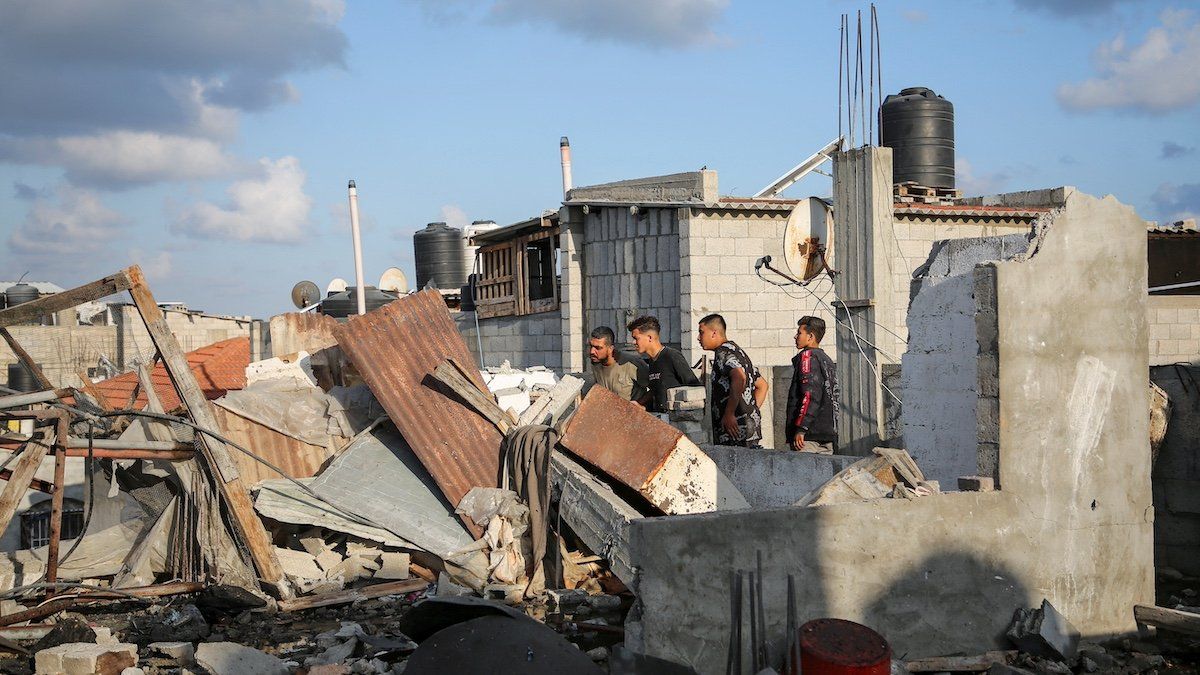“We’re not going to supply the weapons and the artillery shells used” in a seemingly imminent Israeli invasion of Rafah, US President Joe Biden said in a CNN interview Wednesday, his toughest language on Israel yet.
Still, Israeli Prime Minister Benjamin Netanyahu doesn’t seem all that intimidated. Israel massed armor and troops on the outskirts of Rafah Thursday morning, after seizing the city’s crossing into Egypt on Wednesday. Over a million civilians are sheltering in the last Gazan city Israeli troops have not entered, but Netanyahu seems determined to take out the remaining Hamas and Palestinian Islamic Jihad militants based there.
Meanwhile, CIA director William Burns has been shuttling between Jerusalem and Cairo for urgent cease-fire negotiations that the US hopes could save untold numbers of civilians. Earlier this week Hamas said it would accept a cease-fire agreement, but it was modified in ways Israel found unacceptable.
If Biden does follow through with his threat, we’re watching for further acrimony in the already inflamed relationship with Netanyahu, as well as how his rivals with better reputations at the White House, like Benny Gantz, react.